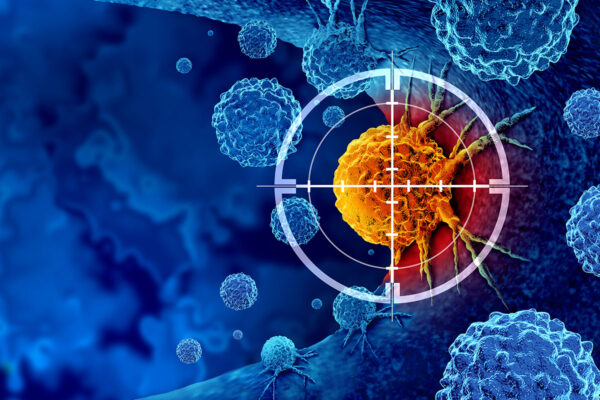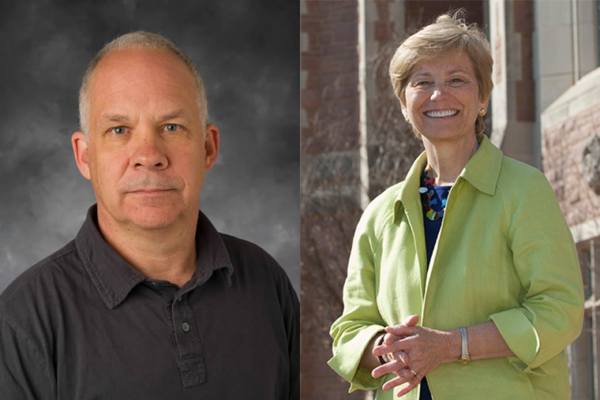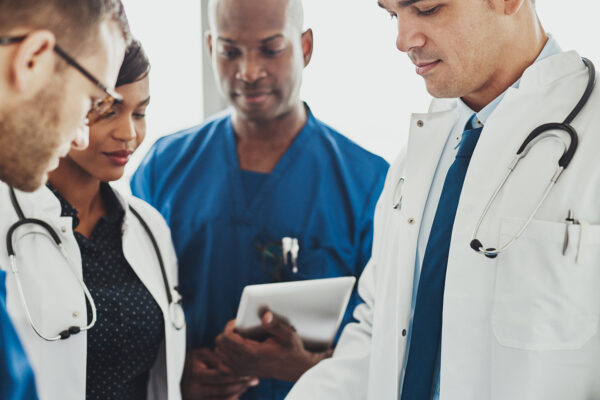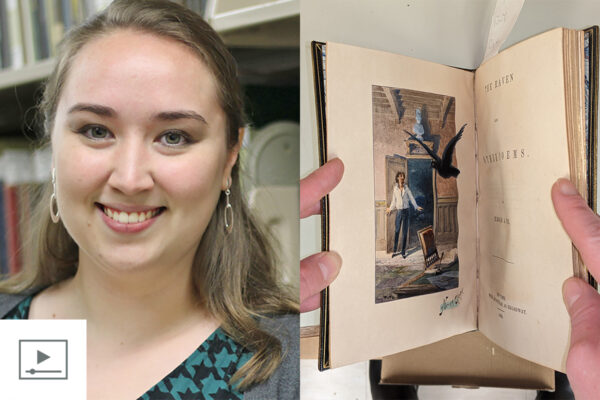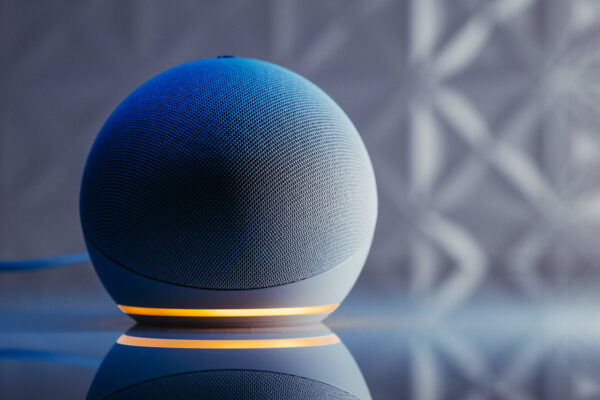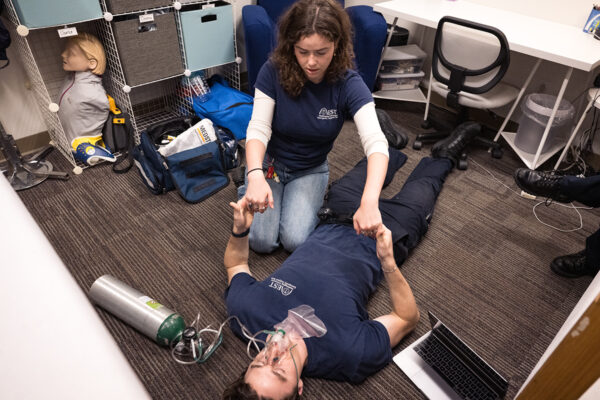St. Louis International Film Festival screenings begin on campus Nov. 10
WashU will host more than a dozen screenings as part of the 32nd Annual Whitaker St. Louis International Film Festival. The citywide event showcases the best in contemporary cinema.
Key Medicare payment model fails to improve mental health
A widespread Medicare program that aims to improve health care and lower costs by providing financial incentives to doctors and hospitals resulted in no improvements in mental health care, according to a study by researchers at Washington University School of Medicine and the Yale School of Public Health.
Study links changes in global water cycle to higher temperatures
Research led by Bronwen Konecky in Arts & Sciences takes an important step toward reconstructing a global history of water over the last 2,000 years.
Epigenome’s role in cancer revealed in new study
Scientists at the School of Medicine have analyzed the epigenomes of tumor cells across 11 cancer types and revealed important roles for this regulatory system of the genome in the way cancer forms, grows and spreads.
Gordon to discuss history of racial segregation, urban inequality
Historian Colin Gordon will discuss his new book, “Patchwork Apartheid: Private Restriction, Racial Segregation, and Urban Inequality,” at a Public Interest Law & Policy Speakers Series event at noon Monday, Nov. 6, in Anheuser-Busch Hall. The book documents the history and consequences of private restrictions in greater St. Louis and other Midwest towns.
Wearable tech for contact tracing developed
An interdisciplinary team of WashU researchers developed CATCH, a potentially powerful automated tool for mitigating the spread of infectious diseases among front-line health-care workers.
Horror story: How WashU restored Poe’s spine-tingling text
To University Libraries’ Cassie Brand, few texts are as spooky as “The Raven,” by Edgar Allan Poe. In celebration of Halloween, Brand shares how University Libraries saved its rare first edition of the Poe classic.
Some parasites turn hosts into ‘zombies’
While the flesh-eating undead portrayed on television are just fiction, there are clear examples of parasites that have evolved to manipulate their hosts, according to Theresa Gildner in Arts & Sciences.
Your smart speaker data is used in ways you might not expect
Amazon uses smart speaker interaction data to infer user interests and target ads in ways the company was not upfront about, according to research from Umar Iqbal at the McKelvey School of Engineering.
Student emergency responders break down barriers
Last year, student-run emergency medicine organization EST responded to 400 calls, ranging from cuts to anaphylaxis to chest pain to panic attacks. The group’s 70 members also provide coverage crews for high-contact club sports, staff vaccine clinics and offer CPR training.
View More Stories



